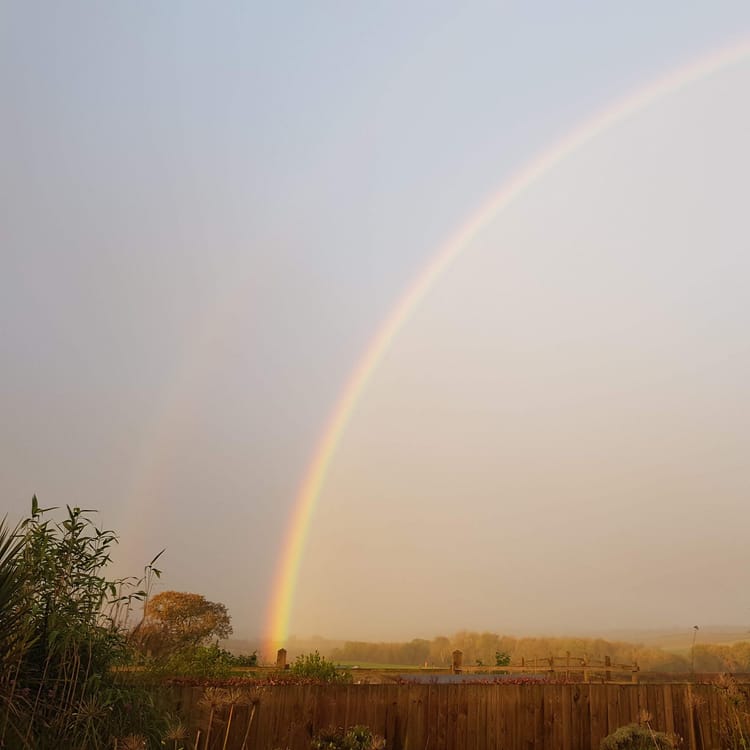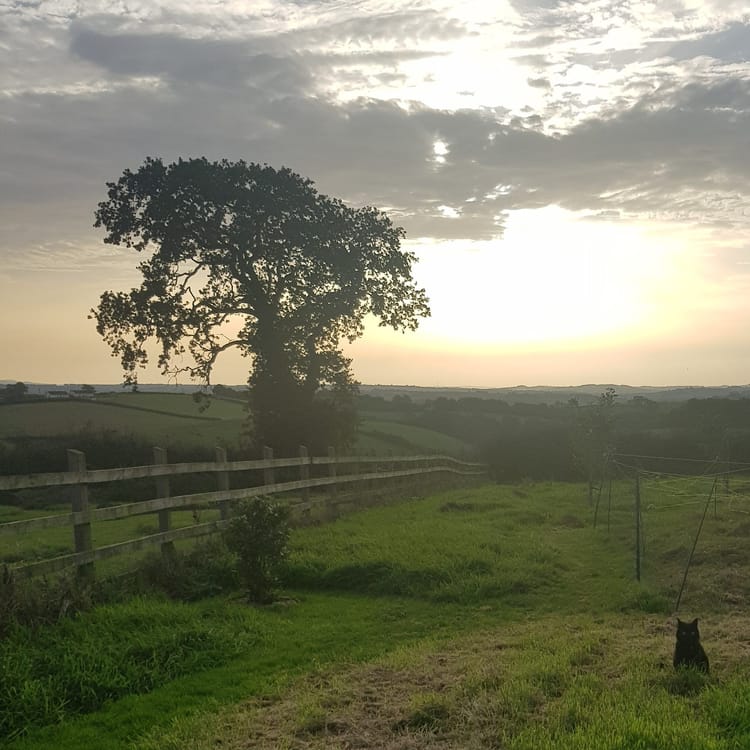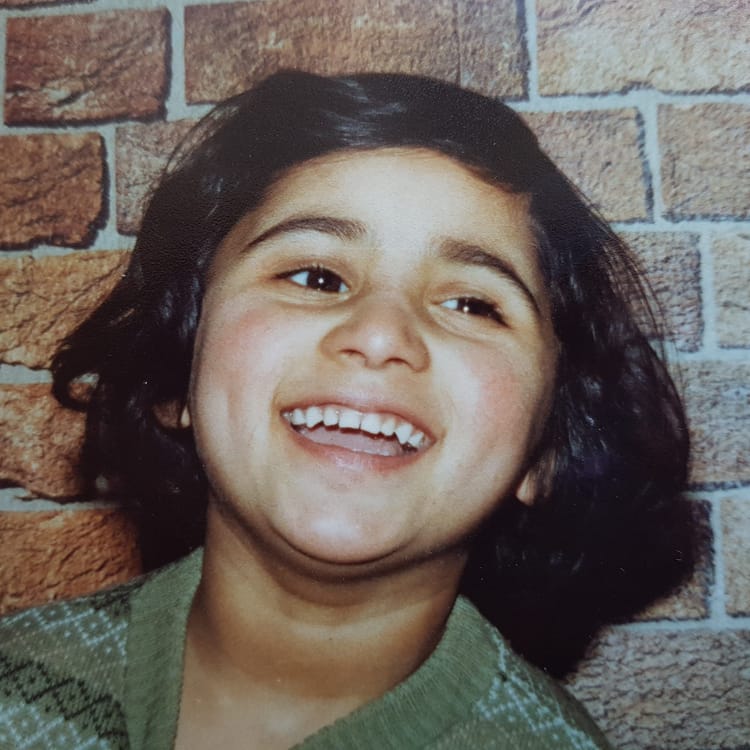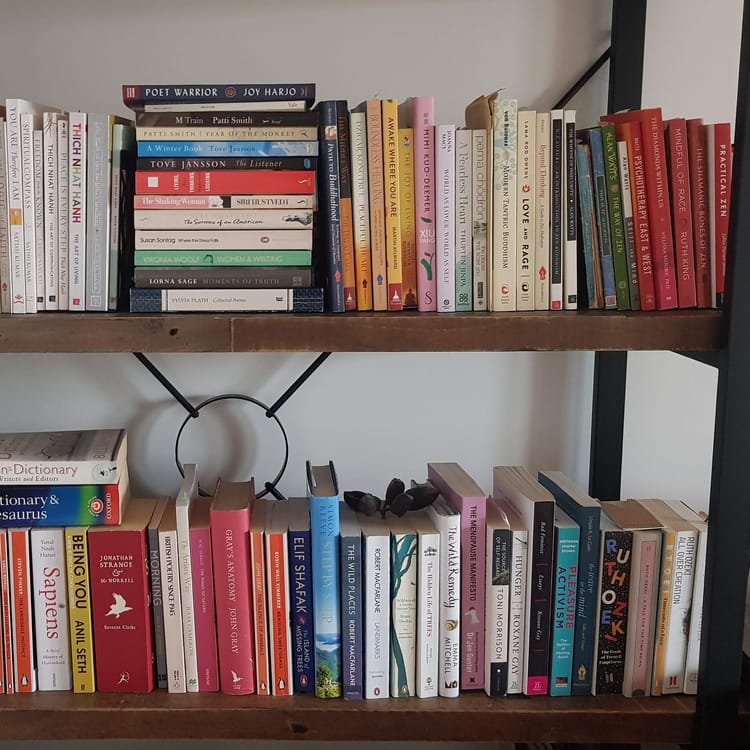Yielding to change: What happens when we stop trying so hard

Have we been programmed to miss (take) ease out of mental exhaustion? To assume that boredom is a problem, with its cultural connotations of what we think we experience as tedium but reconsidered, might simply be a wordless, effortless gap into which we might rest if we drop the labels and expectations of how things, we, "should" be? Are we missing the chance to let go of all that burdens us by feeling and feeding the weight of our expectation, instead of allowing some lightening of the load?
During the Autumnal days where the light arrives later and my energy, in accord, takes a little longer, a little more patience, a little more effort, to stir me into motion, I have a tendency to think/worry that I’m losing my edge and becoming slothful and dull. I can make up stories and cause myself suffering by unseasonably expecting myself to be at full throttle and alert as soon as I wake at 5am – my long time habitual time of rising that started with a period of insomnia decades ago and which I then embraced and have since cherished as “my time” and my time only.
Only these days, Autumnal and more often whatever the season, I rise with a little less oomph and a little more grump. Because these days, I am different. I am not the me I was five, ten, twenty, even, three, even two years ago. Change, evolve, revolve, the seasons of Nature/Life say. And yet I resist. And so I suffer.
“You do it to yourself, you do, and what’s what really hurts.” Radiohead
I'm writing this while enveloped in some 1970s throwback velveteen bed sheets, the latest addition to what was my childhood home 20+ years ago, and is now the guest room in what is still, and has been for 47 years, the home of my parents, whom I've come to visit. My Mum has bought the bed sheets to guard against the chill that is more costly to alleviate owing to rising energy bills. They are ridiculous, in all the ways, I think, reverting to the petulant mind of the teenager I was when I used to live here.
It's not yet 7am. I've meditated quietly in my corner, while my Mum has prayed in hers, and my Dad has smoked his first cigarette of the day in his. We each rise in service to our own rituals.
If I were at my own home now, I'd be halfway through a yoga asana routine or some kind of movement activity, while playing with/being played by the cat, preparing my body and mind for a longer meditation practice before moving on with the day.
Previously, when I've visited home (the familial home will always be called "home" where I’m from, which is to say, I’m from a legacy of absolute devotion to family and community, of fierce and unwavering belonging that leaves traces of love and tension such that the ties could never be cut, and no matter how far we go, home is always where we are reminded of who we are), I elbow my regular routine into the corners of this time, space and environment, maneuvering around a space I think I've outgrown, trying not to wake others, trying to tend to my needs.
That's where the problem is, in all the trying, I realise, as on this occasion, I sense the absence of tension, and ease into the elongated morning, aided by the warm embrace of those bed sheets. It all feels gentler than it might have done previously, free as the experience is of my battling for “my structure and my time”. Why layer tension on to the experience by trying to control it, rather than just going with the flow? Or rather, why not choose otherwise instead.




